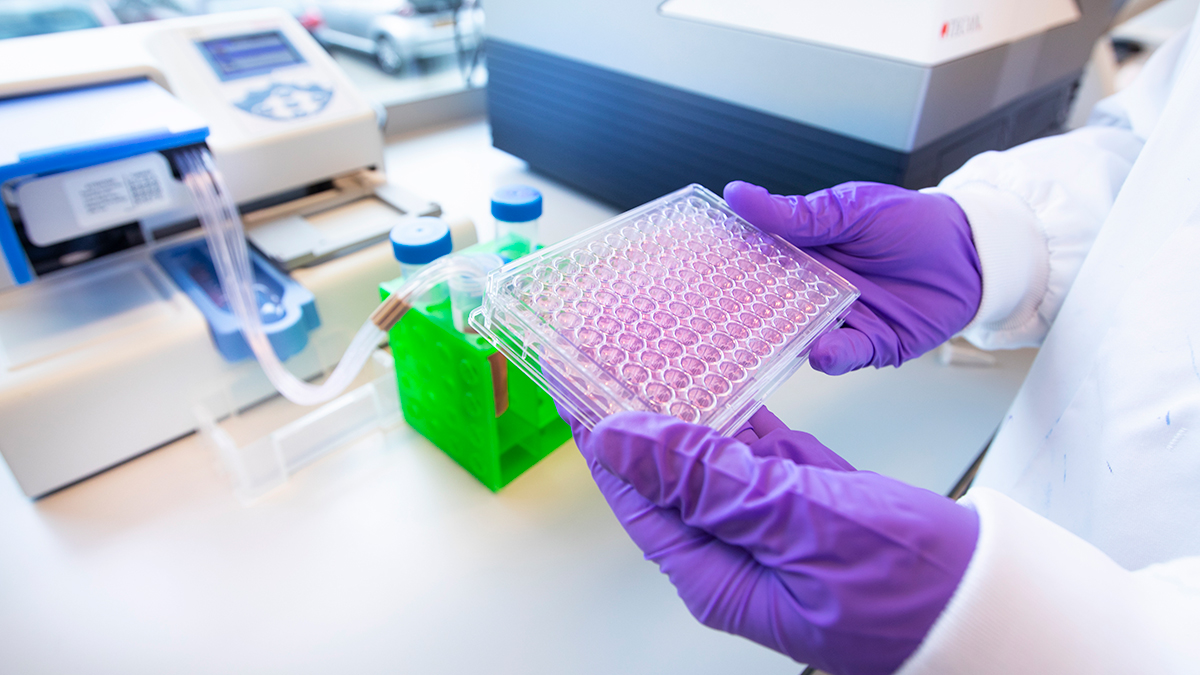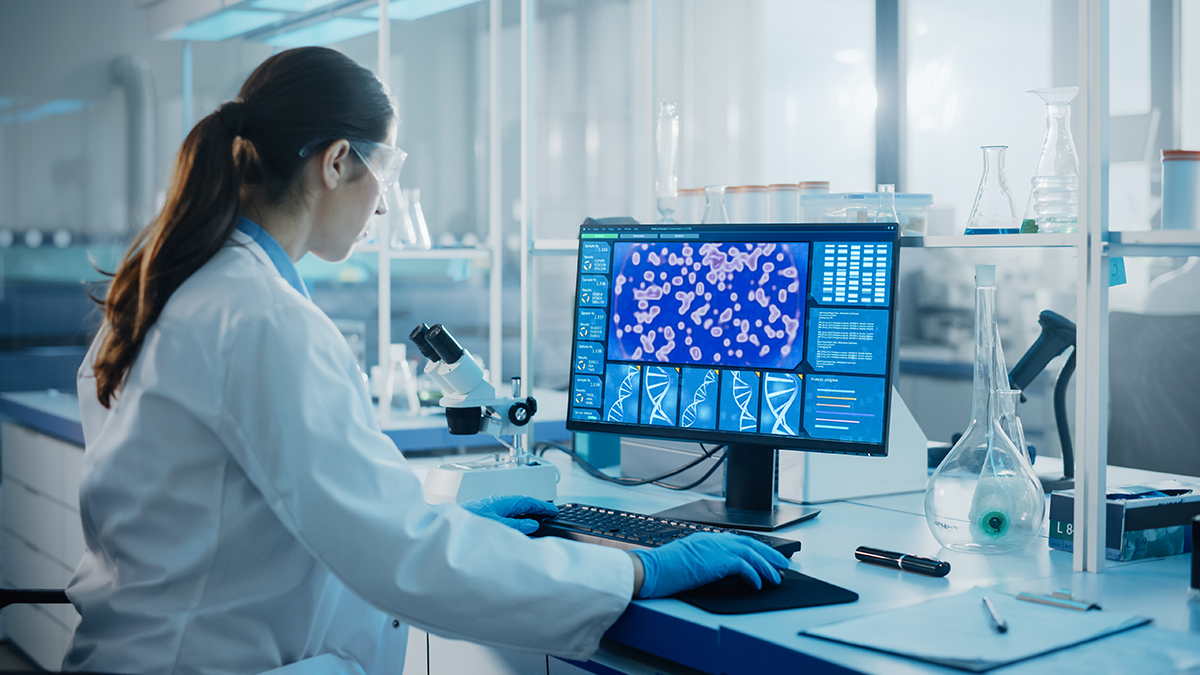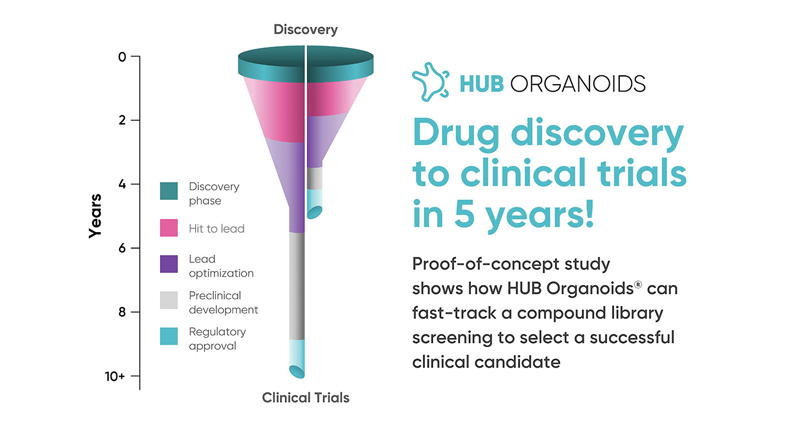
The prevailing model of Inflammatory Bowel Disease (IBD) is characterized by chronic inflammation and a dysfunctional epithelial barrier. However, conventional frontline treatments targeting chronic inflammation have limited effectiveness, leaving many patients without relief. Recent research highlights the role of pro-inflammatory fibroblasts in the chronicity of IBD. However, conventional preclinical models do not accurately recapitulate the dynamics of the human intestinal niche. To bridge this gap, we developed an innovative co-culture platform using IBD patient-derived organoids and fibroblasts.
With Gadeta’s groundbreaking engineered T-cell product demonstrating wide tumor specificity and a favorable safety profile in hematological cancer, they sought to extend its application to solid tumors. In response, we devised an innovative approach known as the basket trial, leveraging patient-derived organoids (PDOs) from diverse solid tumor types, including breast, colon, lungs, head and neck, ovary, and pancreas. This patient-representative platform enabled the acquisition of comprehensive preclinical data, allowing for a thorough assessment of the therapeutic efficacy of their T-cell product across various tissue types. By implementing the basket screen approach, we empowered our clients to pinpoint a specific indication that merited further therapeutic evaluation, enabling us to provide precisely tailored solutions that meet their distinct requirements.


Pks E. coli, a prevalent bacterial strain in colorectal patients’ gut, has been associated with DNA damage. The question of whether this bacterium plays a causal role in disease onset has long been debated. In 2020, Pleguezuelos-Manzano et al. conducted a study where healthy tissue-derived organoids were repeatedly infected with pks E. coli using microinjection. The results revealed that the organoids acquired a mutational signature found in cancer patients, indicating that this bacterium indeed has a causative role in the diseases and contributes to clinically relevant mutations. To investigate this further, we developed a co-culture system that accurately replicated the pathogenic interactions between the bacteria and epithelial cells. Additionally, we established a medium to high-throughput screening platform on this co-culture system, facilitating the testing of novel therapeutic agents.

NEWS AND INSIGHTS